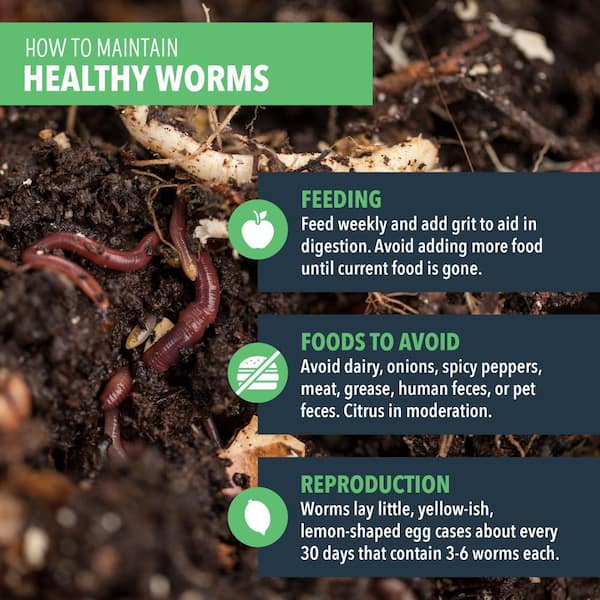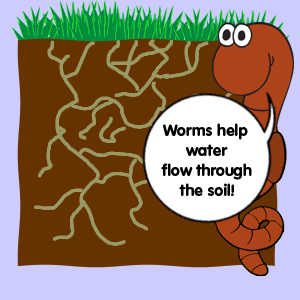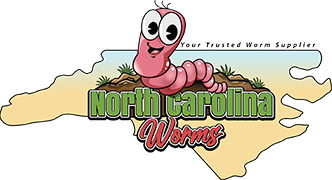The 10-Second Trick For North Carolina Worms
The 10-Second Trick For North Carolina Worms
Blog Article
The 30-Second Trick For North Carolina Worms
Table of ContentsOur North Carolina Worms StatementsThe North Carolina Worms IdeasThe 7-Minute Rule for North Carolina WormsNorth Carolina Worms Fundamentals Explained
Instance: 1-gallon of worm castings to 4 gallons of potting mix. 1/2 cup in the base of the planting hole for smaller sized plants. 1 cup for bigger plants.
The enhancement of tea can also include raised microbial biomass to your soil. You can always side-dress your plants with worm spreadings at any moment. Just bear in mind, the bacteria will certainly die if revealed to UV rays (Sunlight), so make certain to cover the spreadings with an inch or two of soil.
This frustrated them for years until the screening approaches became better. It would certainly obtain far better(with more spreadings), degree off, and then decrease. Also numerous worm spreadings would certainly accelerate the development to a rate that the plant could not recuperate from.
5 Easy Facts About North Carolina Worms Described
Several herbicides service this same principle. 20% by volume seems to be the "Sugary food Area". I have stated the merits of worm spreadings for concerning 2000 words. What concerning the opposite side of the coin? Absolutely nothing is excellent. Worm spreadings are no various. It requires time to create top quality worm spreadings.
You can acquire them which results in number two. Worm castings certainly cost more than chemical plant foods. Worm spreadings are on the less costly end of natural fertilizers. You will need to determine what is a lot more crucial. It is simple to generate tiny amounts of worm castings. (50 gallons each year) It is a much harder and really costly investment to generate huge amounts of worm castings (North Carolina Worms).

Developing a healthy dirt may be the best benefit of worm spreadings. We discussed worm spreadings NPK and also the correct nutrient analysis that must apply to worm spreadings.
North Carolina Worms - An Overview
We chatted about some of the disadvantages associated with worm castings. I covered a lot of material in this short article.
The upright burrows are commonly open, although the worms cover the leading with residue and excrement. Origins require oxygen for their growth, whereas they produce carbon dioxide that needs to leave the dirt.
Earthworms increase porosity by 2 devices: (1) by producing long-term burrows, and (2) by improving dirt aggregation. Gathering is boosted by the mixing of soil and raw material in the earthworms' digestive tracts. Lenoir NC Worms For Sale. These highly secure accumulations are deposited by some earthworms in their burrows, and by others at the surface area of the soil


In an additional research, earthworms were approximated to consume 4 to 10 percent of the top 6 inches of the soil annually. Soil compaction decreases the porosity of the soil.
Not known Details About North Carolina Worms
Normal earthworm populations can easily eat 2 lots of completely dry issue per acre per year, partly absorbing and mixing it with soil. The importance of earthworms to blend surface residue with dirt comes to be extremely clear in soils that do not have any kind of earthworms. The majority of our Pennsylvania soils contend the very least some earthworms, and the effect of their full lack, for that reason, can not be noted.
(https://north-carolina-worms.locable.com/profile/)In these soils, the formation of topsoil with sensible organic matter content did not take place, leading to bad crop development. As soon as the cause was developed, the federal government of the Netherlands began a project to introduce earthworms. After the introduction of the earthworms, a dark topsoil layer was formed, and plant development increased significantly.
They live mostly from partially broken down organic issue that is already incorporated in the dirt. These varieties ingest large quantities of soil that they mix with absorbed crop residue in their intestines.
Their burrows continue to be open, although they top the top with plant residue that they draw to the entry. These types ingest significant amounts of soil that they blend with digested deposit in their digestive tracts. Their excrement is largely transferred at the surface of the dirt. The nightcrawler Lumbricus terrestris is the most noticeable participant of this group.
Report this page